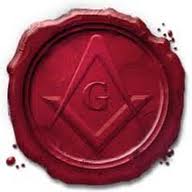
In Freemasonry, discretion is a fundamental principle that refers to the prudence and confidentiality with which Freemasons must handle the internal affairs of the Order. It does not mean absolute secrecy but rather a commitment to confidentiality regarding the Masonic tradition's rituals, symbols, and esoteric teachings.
Discretion in Freemasonry has several key aspects:
In few words, discretion is a pillar of Freemasonry's ethics and functioning, ensuring that its teaching remains within an environment of respect, trust, and responsibility.
Theme Danetsoft Desarrollado por Daniel Caceres